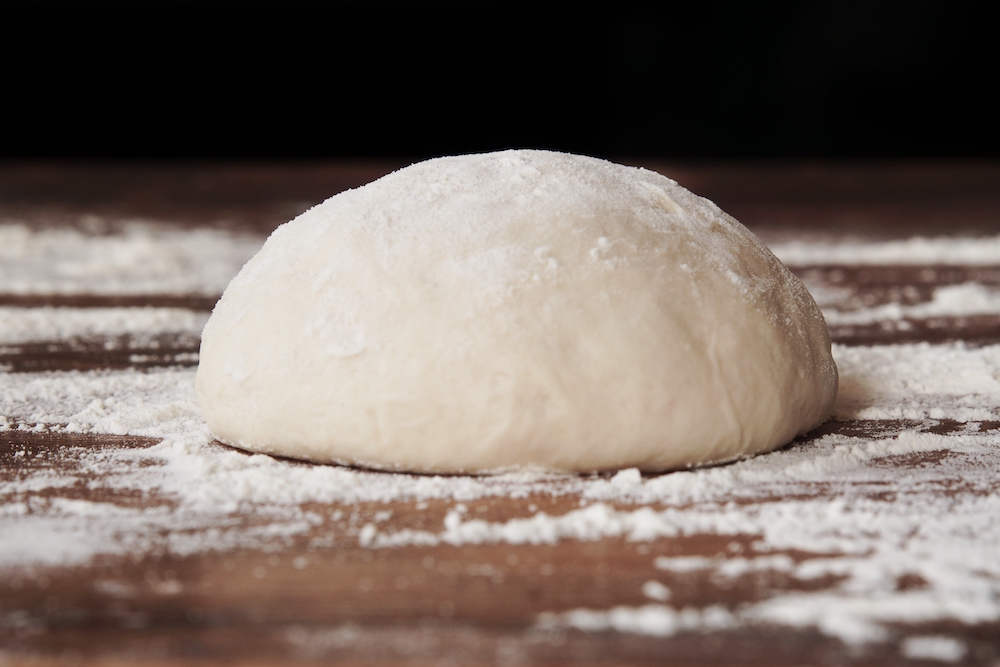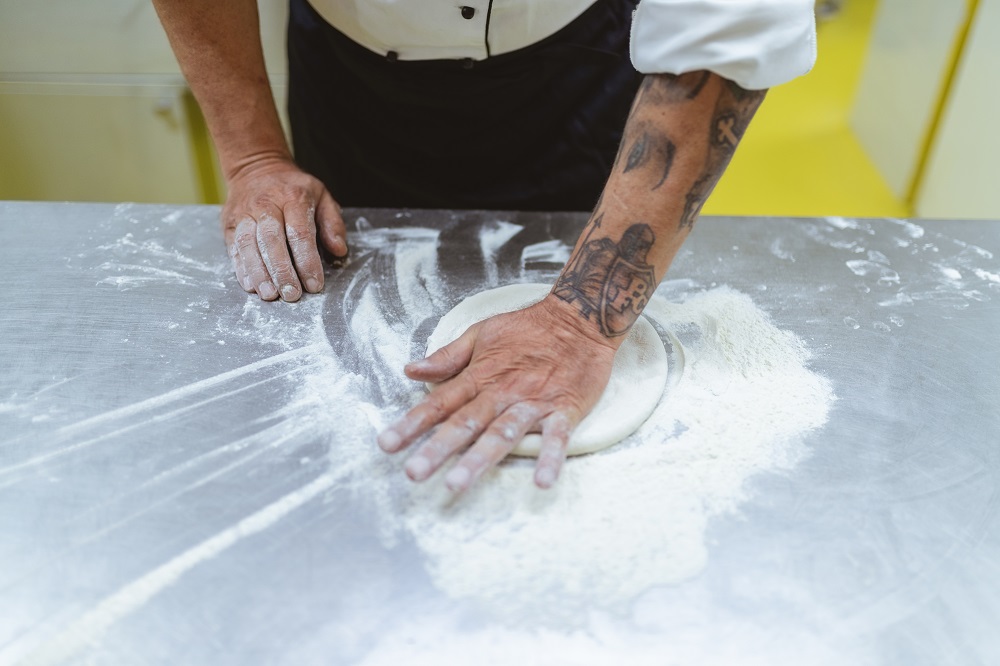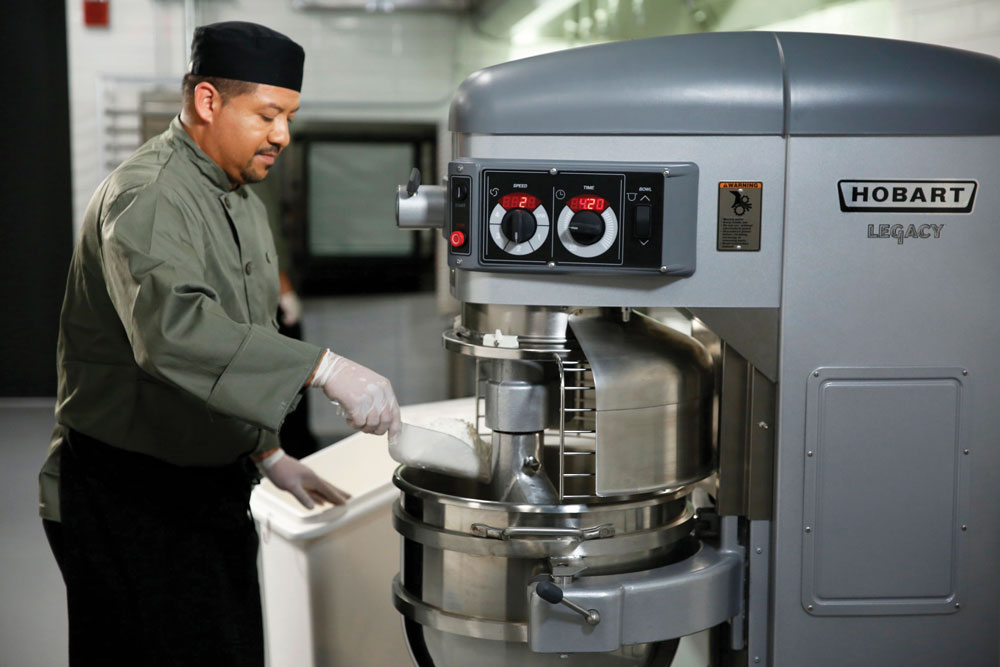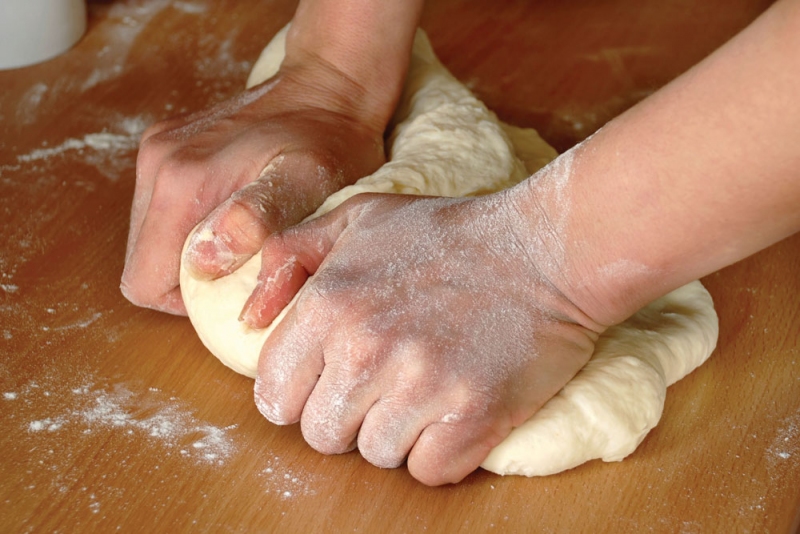Q Is there any benefit to adding eggs to my pizza dough?
A Pizza makers have been adding eggs, either whole eggs or egg whites, to their doughs for many years—and for different reasons. Whole eggs can provide better browning characteristics and, to some extent, even deliver a richer flavor. Egg whites have been added to improve the crispiness of the baked crust. In this regard, both perform well, but there are some drawbacks to their use that you’ll want to consider before running out and buying a case of eggs.
It is true that the addition of six large whole eggs (about 13.5 ounces) to 40 to 50 pounds of flour will improve the color of the baked pizzas to some extent, and the same can be said for the flavor. You’ll get a slightly richer taste, but that will be lost in baking due to the overpowering flavors of other common pizza ingredients. All things being equal, the crust color will be a little darker, but with the high cost of eggs, it is difficult to justify the expense when sugar and whey can be bought for much less.
Adding eggs to your dough can, indeed, help you get a crispier crust, but again, it carries with it a pretty hefty cost. Typically, 2% egg white is added to the dough to improve crispiness. This equates to one pound of egg white per 50 pounds of flour in the dough. But that added expense isn’t really necessary. In most cases, we have found that the overall crispiness of a crust can be improved by simply allowing the pizza to bake a minute or so longer—a very low-cost option!
Lastly, there is a major safety concern that must be addressed if you elect to use fresh eggs—the danger of salmonella poisoning. Even eggs with clean, uncracked shells can contain bacteria that lead to foodborne illness. It is much safer to use pasteurized, frozen egg products, but even then, precautions should be followed to prevent contamination.















